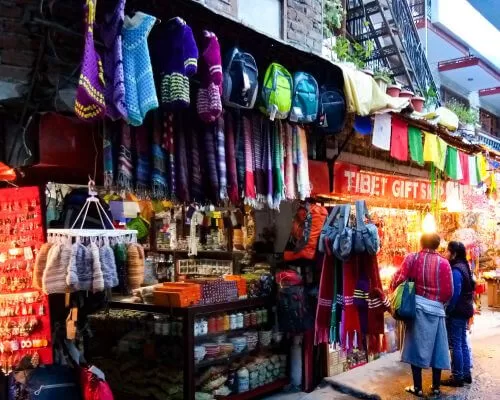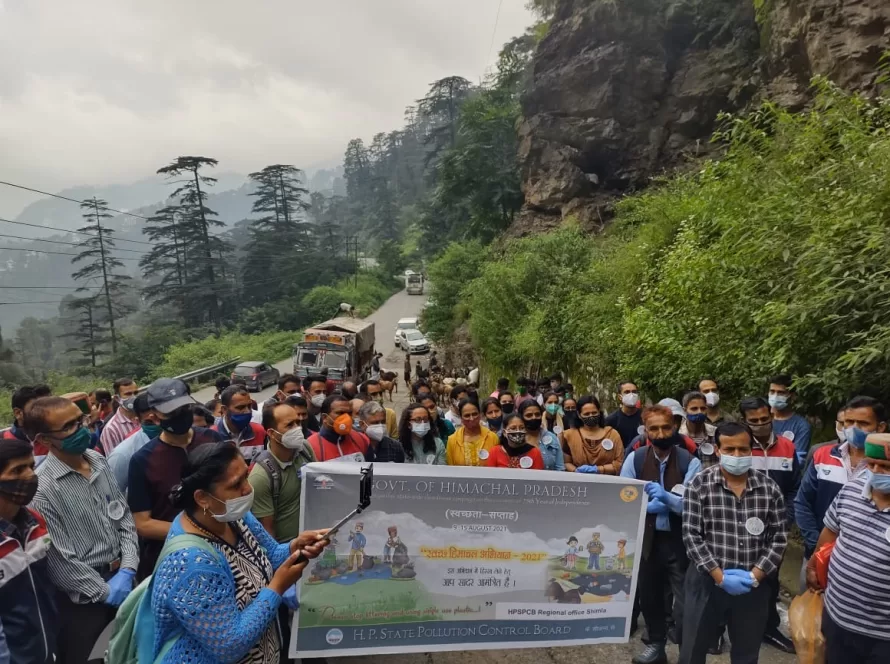Manali, a picturesque hill station in Himachal Pradesh, India, is renowned for its stunning
landscapes, vibrant culture, and rich biodiversity. However, like many tourist destinations,
Manali faces significant environmental challenges, including water scarcity. As the region
attracts a growing number of tourists each year, the strain on its water resources intensifies. Both
tourists and locals play a crucial role in conserving water to ensure the sustainability of this
beautiful destination. This guide provides in-depth tips for water conservation in Manali.
The Importance of Water Conservation
Environmental Impact
● Ecosystem Preservation: Conserving water helps maintain the natural habitats of
various plant and animal species.
● Water Cycle Maintenance: Proper water management supports the natural water cycle,
ensuring that streams, rivers, and lakes remain healthy and vibrant.
Economic and Social Benefits
● Sustainable Tourism: Water conservation is essential for the long-term sustainability of
tourism in Manali.
● Community Health: Adequate water supply is vital for the health and well-being of
local communities.
● Agricultural Stability: Water conservation supports local agriculture, which is a
significant part of Manali’s economy.
Tips for Tourists
Accommodation Choices
Stay at Eco-Friendly Hotels
● Green Hotels: Choose accommodations that prioritize water conservation through
measures like low-flow fixtures, rainwater harvesting, and greywater recycling.
● Certifications: Look for certifications such as LEED, Green Key, or EarthCheck, which
indicate a commitment to sustainable practices.
Water Usage in Hotels
● Towel Reuse: Reuse towels and bed linens to reduce laundry frequency, which conserves
water.
● Shorter Showers: Take shorter showers to minimize water use. Aim for showers under
five minutes.
● Turn Off Taps: Ensure taps are turned off while brushing teeth, shaving, or washing
hands.
Responsible Outdoor Activities
Eco-Trekking
● Stay on Trails: Stick to designated trails to prevent soil erosion, which can affect water
quality.
● Biodegradable Products: Use biodegradable soaps and detergents when camping or
trekking.
Hydration Practices
● Reusable Bottles: Carry a reusable water bottle to reduce plastic waste and avoid
overburdening local waste management systems.
● Refill Stations: Use water refill stations available in many parts of Manali instead of
buying bottled water.
Dining and Shopping
Eat at Sustainable Restaurants
● Local and Organic: Choose restaurants that source food locally and use organic
ingredients, which typically require less water to produce.
● Waste Reduction: Order only what you can eat to minimize food waste, which indirectly
conserves water used in food production.
Conscious Shopping
● Local Products: Buy local products that have a lower water footprint compared to
imported goods.
● Minimal Packaging: Choose items with minimal packaging to reduce waste and
conserve the water used in packaging production.
Tips for Locals
Household Water Conservation
Efficient Fixtures
● Low-Flow Faucets and Showerheads: Install low-flow faucets and showerheads to reduce
water usage.
● Dual-Flush Toilets: Use dual-flush toilets that allow for different flush volumes for
liquid and solid waste.
Greywater Systems
● Greywater Recycling: Implement greywater recycling systems to reuse water from sinks,
showers, and laundry for irrigation and flushing toilets.
Rainwater Harvesting
● Install Systems: Set up rainwater harvesting systems to collect and store rainwater for
household use.
● Maintenance: Regularly maintain and clean rainwater harvesting systems to ensure
efficient operation.
Community Initiatives
Awareness Campaigns
● Education: Conduct community education programs to raise awareness about the
importance of water conservation.
● Workshops: Organize workshops on water-saving techniques and the installation of
water-efficient devices.
Community Projects
● Clean-Up Drives: Participate in or organize clean-up drives for local water bodies to
maintain their health and cleanliness.
● Water Conservation Projects: Engage in projects aimed at improving water
infrastructure and management within the community.
Agricultural Practices
Efficient Irrigation
● Drip Irrigation: Use drip irrigation systems that deliver water directly to the plant roots,
reducing water waste.
● Scheduling: Water crops during the cooler parts of the day (early morning or late
evening) to minimize evaporation.
Soil Management
● Mulching: Apply mulch to soil surfaces to retain moisture and reduce the need for
frequent watering.
● Crop Selection: Choose drought-resistant crop varieties that require less water.
Collaborative Efforts
Partnerships
● Local Government: Collaborate with local government bodies to implement and enforce
water conservation policies.
● NGOs: Work with non-governmental organizations that focus on environmental
conservation and water management.
Technological Innovations
● Water-Saving Technologies: Adopt new technologies that promote water efficiency,
such as smart irrigation systems and water-efficient appliances.
● Monitoring Systems: Use water monitoring systems to track usage and identify areas
where conservation efforts can be improved.
Policy and Regulation
● Incentives: Advocate for government incentives for households and businesses that
implement water-saving measures.
● Regulations: Support the development and enforcement of regulations aimed at
protecting local water resources.



